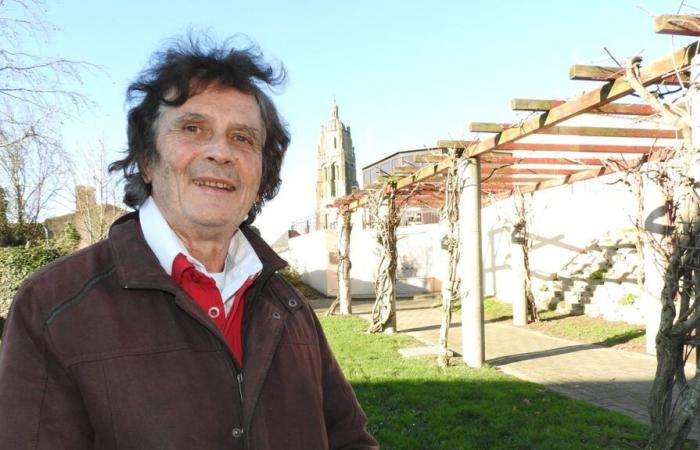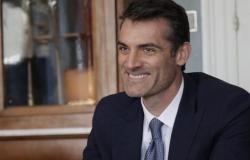Bernard Villechalane may have been a delegate of the defender of rights for a year for Nord-Deux-Sèvres, but he is still little-known. To his credit, the position he holds had remained vacant for three years before he took it up.
“There is no prerequisite legal training or experience. We are not lawyers. Among my counterparts, I know a former head of integration associations, a real estate negotiator, bank or civil service executives… It takes common sense and good listening skills to reassure and guide people who are addressed to us. »
Mediation more than coercion
The rights defender's delegate is an intermediary in the event of difficulties in relations with public services, in the fight against discrimination and the defense of the rights of the child. “The difference with the justice conciliator is that he intervenes in private disputes. For example in the event of a neighborhood conflict or a banking dispute”specifies Bernard Villechalane, while nuanced. “We are competent for disputes over water, electricity or telephone networks for example, even if they are private operators. »
In the north of Deux-Sèvres, Bernard Villechalane is mainly confronted with difficulties relating to public services (Caf, CPAM, pension funds, taxes, etc.) and local authorities. “We are not France services. We intervene when a blockage or misunderstanding arises. These referrals represent 80% of my interventions and 20 to 30% concern the residence rights of foreigners in a legal situation (especially in Bressuirais) even if, on this point, the prefecture of Deux-Sèvres is rather not bad compared to others. »
A simple intervention in 80% of cases
Overall, the administrations he contacts tend to listen to him. This is also the case when dealing with local authorities. “This often falls under the police power of the mayor (stray animals, illegal dumping of garbage, etc.), town planning or roads. Even with large administrations, there is generally room for human understanding. In general, people are rather lenient towards the mayor of a small town, but not always. »
In approximately 80% of cases, a simple intervention by the rights defender's delegate is enough to remove the obstacle or misunderstanding. But Bernard Villechalane admits to sometimes being confronted with failures that he has difficulty understanding. “Some of it sticks in my throat. I can see clearly that there is no desire to succeed. You can call on me for a trivial issue, make it a question of principle and come up against a system from which you do not want to deviate. However, the law provides for the right to make mistakes in certain areas. »
People call on us because they do not want to go as far as involving the courts or the evidence is not sufficient
Bernard Villechalane, delegate of the defender of rights, Bressuire
-The issues can be trivial or humanly heavy, for example on the defense of children's rights. “This may concern a dispute between parents and the school, the reception of children of travelers or family problems… One of my counterparts in Niort, for example, intervenes with detainees for visiting rights for their child. »
The fight against discrimination represents as many cases as the defense of children's rights for a year that Bernard Villechalane has been practicing in Nord-Deux-Sèvres. “People call on us because they don't want to go as far as involving the courts or because the evidence is not sufficient. »
Defender of rights: second and fourth Wednesday of the month at the Bressuire sociocultural center (17, rue Général-Leclerc) and first and third Wednesday at the Anne-Desrays center (7, rue Anne-Desrays) in Thouars. Contact: 06.61.42.51.83 or [email protected]
Who are the rights defenders?
> The defender of rights was created by the constitutional reform of 2008 by “agglomerating” mediator of the Republic, defender of rights and high authority for the fight against discrimination. The position has been occupied by Dominique Baudis, Jacques Toubon and now Claire Hédon.
> France has more than 570 rights defender delegates. In Deux-Sèvres, there are three (Bernard Villechalane, Jean-François Régnier and Pascal Lemoine).
The delegate of the defender of rights has no coercive power. His power therefore lies essentially in his qualities as a negotiator. “If the blockage persists, we can go so far as to contact the headquarters, which opens an investigation and conducts hearings”explains Bernard Villechalane.
> The Parisian headquarters, however, has the exclusivity of interventions for the protection of whistleblowers and the ethics of public or private security forces. “We can only intervene in this area in the event of refusal to register a complaint. »






